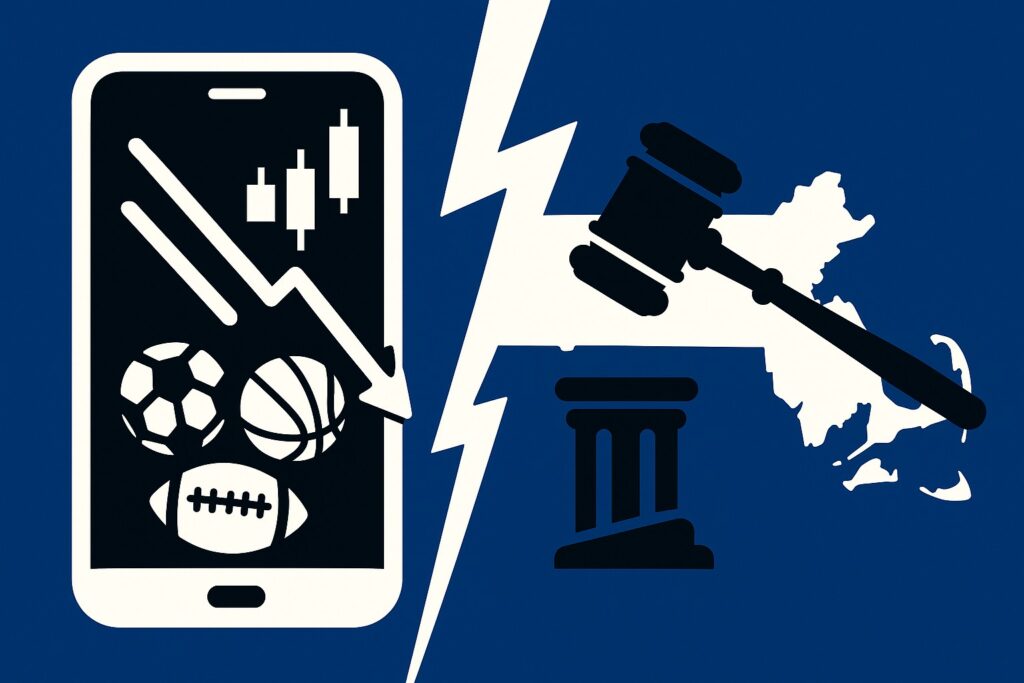The Michigan Gaming Control Board (MGCB) has submitted concerns to the Commodity Futures Trading Commission (CFTC) in regards to sports event contracts that are being offered to consumers as a form of hedging against the outcome of an athletic performance.
According to the MGCB, such activity should only be offered by licensed sports betting operators that are regulated by the state. With these contracts, consumers are essentially establishing a financial position in relation to a sporting event, such as the Super Bowl or a college football game, with the “odds” being presented much like a stock — one for if Team A wins a sporting event and another if Team B does.
A letter from MGCB Executive Director Henry Williams was sent to CFTC Acting Chairperson Caroline Pham, and it also outlined concerns about other issues regarding gaming in Michigan.
“The potential for financial harm to both consumers and government programs is real. Any erosion of the legal, regulated sports betting market undermines the very safeguards we have in place to protect Michiganders,” Williams wrote in the letter to the CFTC.
“The offering of sporting event contracts by CFTC-regulated entities, without adherence to Michigan’s licensing requirements and in a manner that may not meet prescribed consumer protections,” Williams wrote. He also raised concerns that such activity with sporting event contracts “exposes Michigan residents to unnecessary risk and undermines public trust.
“We are particularly concerned that such contracts are being promoted as investment opportunities, a message that directly contradicts Michigan’s responsible gaming principles.”
Regulators fear lost tax revenue
Chief among concerns from the MGCB are four factors: licensing and oversight, responsible gaming, consumer protection, and event integrity.
The state also fears that any unregulated sports betting could result in lost tax revenue for the state. A portion of tax proceeds from sports betting is used to fund responsible gambling programs and resources. Michigan launched legal online sports betting early in 2020.
In 2024, $5.3 billion was wagered legally on sports in Michigan. Sportsbooks in the state reported $194.4 million in annual adjusted gross receipts, which resulted in nearly $15 million in tax revenue for the state from licensed sports betting activity.
Michigan gaming law, codified under the Lawful Sports Betting Act of 2019, does not expressly prohibit sporting event contracts. But it does not list such activities as permitted by licensed gaming operators in the state.
Michigan is far from alone
Other states are also casting an eye at sporting event contracts. New Jersey has tried — unsuccessfully so far — to crack down on Kalshi’s event contracts. Nevada has run into similar roadblocks in the courts.
Ohio and Illinois have also expressed opposition. And earlier in April, Tennessee regulators penned a letter to the CFTC asking it to prohibit such contracts. The American Gaming Association is taking aim at prediction markets, too.




